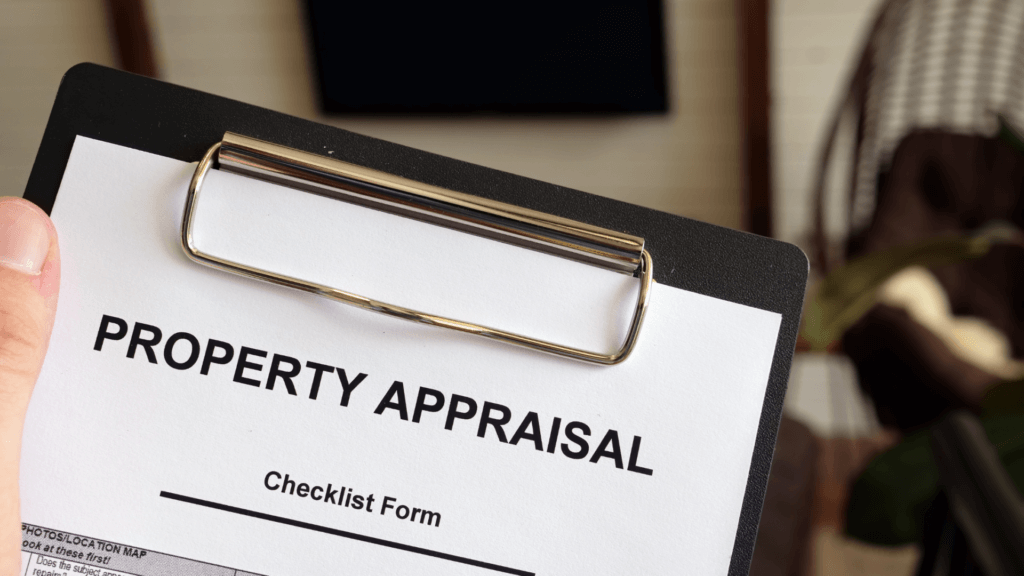
After a business suffers a loss due to property damage, the property owner must file an insurance claim as soon as possible. In the event the insurer and policyholder cannot agree on the value of a claim, an appraisal can be used to potentially resolve the dispute. Depending upon a variety of factors, including the size and type of property and the amount of damage, a complex appraisal may be necessary.
Complex Appraisals vs Non-Complex Appraisals
Most commercial property insurance policies contain an appraisal clause that can be invoked by the policyholder if the insured and the insurer cannot come to an agreement on a claim. In these instances, each party selects a competent and impartial appraiser to separately evaluate the amount of loss at issue. Once the appraisers have made their determinations, a neutral umpire will review the results from both appraisers and ultimately decide the amount of loss sustained.
Commercial property appraisals are conducted to understand the overall value of the property and the damages sustained after a covered event. This can quickly become complicated, as commercial properties can encompass a wide variety of building types and materials, such as brick-and-mortar stores, apartment complexes, corporate offices, and even vacant land. These and other factors can cause an appraisal to go from a simpler valuation process to a much longer and more complex ordeal for policyholders.
Complex Appraisals
Complex appraisal assignments involve claims in which the commercial property, the form of ownership of the commercial property, or the property market conditions are atypical, including situations such as when:
- The property is close to a body of water or flood-prone area;
- The property includes golf courses, mountains, or resort areas;
- The property is located in a historic area;
- The property has specific deed restrictions;
- The property is grossly outdated; and
- The property has specific zoning restrictions.
The form of ownership of the commercial property can include certain specifications such as the type of lease it falls under. Specific market conditions that can make an appraisal complex can include the impact of a pandemic event, a declining market, or if the property is located in a transitional area. Complex appraisal assignments can also be beneficial to appraisers, as they often require higher fees to complete.
Complex appraisals can take much longer to complete than a standard appraisal, and often require higher appraiser’s fees. This can result in conflicts between the policyholder and the appraiser or insurance carrier as the more complex an appraisal becomes, the more visits an appraiser will likely need to make to the subject property. Not only that, but a policyholder may find the appraiser assigned is unqualified to complete a complex appraisal. This can lead to an inadequate investigation that could cause the policyholder to lose out on what they should be paid.
When An Appraisal is Disadvantageous For Commercial Policyholders
Whether an appraisal is complex or not, the process can quickly become disadvantageous for commercial policyholders in certain situations. One of the greatest disadvantages for insureds is that the insurance company almost always retains the right to deny the claim after an umpire enters their findings. This means that parties can spend months or even a year going through the appraisal process and paying the appraisers and the umpire, only to have the insurance company deny the claim anyway on coverage grounds and refuse to pay.
Another disadvantage for policyholders is that the disputed amount may be too small to justify the cost of an appraisal. Appraisals can also take a long time to complete, especially if they become complex. Finally, it can be incredibly difficult for commercial policyholders to even find an appraiser willing to work for them. This is because appraisers are more likely to want to work for and with insurance companies since they often get repeat business from them.
For commercial policyholders to ensure their rights are protected throughout the insurance claims and appraisal processes, they should consider consulting with an attorney experienced in complex appraisals.
Complex Appraisal Attorneys
In most instances, going through the appraisal process can provide peace of mind to policyholders looking to resolve a claims dispute with an insurer. Unfortunately, it is not uncommon for insurance providers to take advantage of their insureds during this stressful period. In the event an insurer refuses to pay the appraisal award in full or fails to pay interest on the award, they can be held liable under Texas law, if applicable. At Raizner Slania, our attorneys are determined to establish positive and safe appraisals for business owners to counter the bad faith efforts of insurance carriers. If you need assistance with a complex appraisal for your commercial property, we can help. Contact our office today for more information.


